Get Support
+91 9123517774

Project 1
Development of Blockchain-Based Supply Chain Software
challenge
The Customer planned to enter the rising market of blockchain-based supply chain solutions with an MVP product but lacked blockchain-related expertise. They were looking for a vendor experienced in blockchain technologies who would have a deep understanding of the supply chain specifics in the manufacturing industry they targeted.
Solution
Leaf Business consulting Services implemented a private blockchain system to allow manufacturers, distributors, and stores to trace goods and verify their authenticity at each stage of the supply chain. The team used the Hyperledger Fabric framework as the base of the blockchain system to benefit from its modular architecture and security required for private systems, where confidential information is shared.
Leaf Business Consulting Services
The blockchain system comprised 3 core parts:
Leaf Business Consulting Services
The system works as follows:


Leaf Business Consulting Services
Results
Leaf Business consulting Services developed MVP of the blockchain-based supply chain software in 3 months, which allowed the Customer to quickly broaden their product portfolio with a highly demanded solution. The developed blockchain system helps the Customer’s clients secure their supply chains from counterfeit goods and guarantee safety of transaction data.
Leaf Business Consulting Services
Technologies and Tools

Project 2
Blockchain Smart Contract For Insurance:
Simplifying Claim Settlement Process
Insurers are among the many players rushing to figure out how blockchain and smart contract might be used to improve fraud detection, transaction execution, and stakeholder interaction. Recently The Leaf Business consulting Services has partnered on a claims handling management software project to strengthen critical parts of Claims Management Services.
We developed a solid, scalable, and high-performing application to streamline a leading Insurance service provider’s claim handling system. Our talented blockchian application developers built this application using the Vue.JS framework, improving the overall claim management process, enhancing claim service, boosting customer satisfaction, and reducing overall costs.
Leaf Business Consulting Services
Simplifying Claim Settlement Process

Tech Stack:
Challenges Of Insurance Claim Management System Using Blockchain
01.
Fraud Detection
The insurance claim process uses several data sources from various systems, which enhances the possibility of fraudulent claims. This was our developers’ most significant issue in figuring out how to identify fraud claims utilizing a wider amount of data.
02.
Manual Process Of Claim
With claims processing and record management from customers, employees, agents, and third parties, the manual Process has posed a daily challenge to the business. The next problem our developers had to solve was connecting end-to-end jobs and connecting every user of the claim management process.
03.
Data Privacy
Healthcare insurance is one of the most inefficient and fraud-prone industries today. We faced numerous issues in maintaining patient privacy, compliance requirements, and so on because it contained PII data.
04.
Data Compliance
Property and casualty insurance necessitates a great deal of manual data and coordination. Therefore, there can be numerous inaccuracies. As a result, our developers had to explore ways to establish a permanent audit trail, automate claims processing, and digitally track and manage tangible assets to make the software error-free.
How Did We Solve The Challenge?
01.
Smart Contract Technology
A decentralized Insurance Claims Management Software was created by our developers using smart contract technology that automates insurance transactions and processing. It also enables the creation of decentralized insurance apps, which allow for more efficient insurance acquiring and selling at lower operational costs. In addition, smart contracts can independently validate claims using numerous data sources.
02.
Single Page View
Our web application developers are well-versed in modern-day technology. Given the intricacy, our developers leveraged Azure Cloud Services and the Vue.JS framework in the development process, resulting in a single-page progressive web application (PWA) that can be accessed from any location and at any time.
03.
Decentralized Medical Records Management System
We created a decentralized medical records management system that indexes medical records on the blockchain and grants access to only those allowed. It helps protect patients’ privacy while also making the information verification process more accessible.
04.
Digital Tracking
We created a blockchain technology that has the potential to completely alter the way physical assets are managed, tracked, and insured digitally. For example, when the ships enter high-risk locations, such as conflict zones, the platform detects and alerts them. In addition, it can assist speed up the process of making and verifying claims by providing a reliable store of data.
05.
Key Features
The Leaf Business consulting Services insurance blockchain: simplifying claim settlement process with the following must-have features.
Leaf Business Consulting Services
User App Features
Consumer Features
Approving Officers

Project 3
BLOCKCHAIN SOLUTION FOR DRUG RECALL MANAGEMENT
Offering :
Drug recalls affect hundreds of pharmaceutical companies every year impacting sales, customer relationships, and supply chain operations. The existing centralized models do not address issues surrounding traceability and recall. Products in the pharmaceutical supply chain move through multiple intermediaries before reaching the consumer, making the recall process complex and cumbersome. Emerging technologies, such as blockchain, offers pharmaceutical companies the opportunity to drive efficiency across the supply chain. In an effort to create a transparent environment for information access, a leading pharmaceutical company wanted to implement a blockchain solution to ensure accountability at the distributor level.
Leaf Business Consulting Services
Business Requirement
Our client wanted a system that notifies distributors when a particular product or batch/lot number is slated for recall. With distributors spread across geographies, there was a need to augment the process with an effective recall strategy.
Leaf Business Consulting Services
LBCS Solution
Our solution is a fully decoupled, microservices-based architecture on Ethereum blockchain involving smart contracts. The parties involved in the supply chain log their data into a common blockchain. The manufacturer logs the production date and time of each batch and unit. Every time a batch of drugs is added, it is written to the Ethereum blockchain. The blockchain emits events for predefined scenarios such as potential contamination, mislabeling, or manufacturing defects. This way, any client software on the distributor side, irrespective of technology, can listen to these events and take appropriate action.

Key Features
The distributor admin can:
Business Benefits
Leaf Business Consulting Services
Tools Used

Project 4
BLOCKCHAIN-BASED LAND REGISTRATION SYSTEM
Overview :
Blockchain is making waves in the real estate sector with the level of transparency it provides. The technology is being increasingly considered for use in land registration with its ability to immutably record and share information. The immutable, decentralized nature of the blockchain network renders data transparent for any untrusted party to verify. With self-executable smart contracts, trust is enhanced between parties and outcomes are validated by everyone in the network. Traditional land transaction records can now be replaced by a distributed ledger protected by cryptography and consensus technology.
Leaf Business Consulting Services
Business Requirement
The client explored the possibility of a blockchain solution for land registry that offered inherent benefits to meet their requirements.
Leaf Business Consulting Services
LBCS Solution
LBCS embarked on the Ethereum blockchain programing journey using Solidity framework to code smart contracts, which ensure necessary approvals are obtained from government authorities. We developed a ReactJS-based web application with a blockchain explorer for users to view transactions within the application. We also relayed transactions on the public Ethereum blockchain network (Etherscan) so that anyone can verify and validate records.
A custom application was developed to manage customer identities. This enabled interaction with the Ethereum network using email addresses or usernames. The application acts like a wallet for users, enabling them to sign blockchain transactions. The solution creates an immutable history of transactional records that are permanently linked to the system. Near real-time traceability and transparency are achieved as each transaction is captured and recorded at every stage of the process

Key Features
Business Benefits
Leaf Business Consulting Services
Technologies
- Ethereum
- Spring Boot
- Solidity
- Web3j
- MariaDB
- ReactJS
- HTML5
- CSS3
- Java
- Microservices Architecture
- Truffle
- ActiveMQ
- AWS & AWS S3


